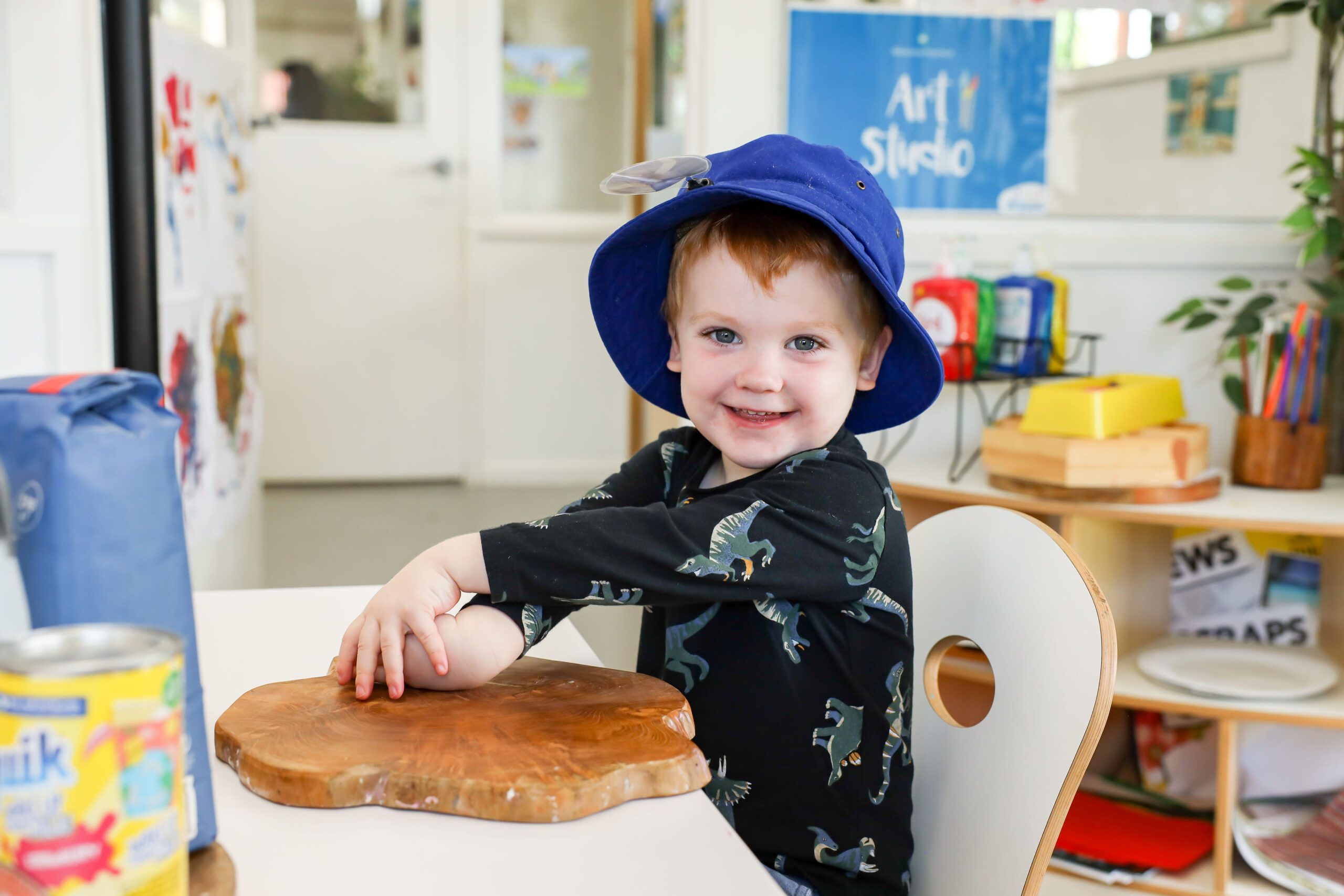
A simple guide to school readiness in Australia for families with children aged 3–5.
If you’ve been wondering “What should my child know before starting school?”, you’re not alone. For many families, the idea of preparing a child for primary school can feel both exciting and a little overwhelming.
The good news? In Australia, school readiness isn’t about academic achievement. Children don’t need to read, write, or do sums before they start school. What matters most is that they feel confident, curious, and capable of managing the daily routines of a classroom.
So what does that look like, and how can you support your child as they grow?
Here are five essential skills that help children thrive as they take their next big step into school.
1. Emotional Regulation
The ability to recognise, express and manage emotions is a key part of school readiness. Children who can identify how they feel - and use simple strategies to calm themselves - tend to settle into school more easily.
At this age, children are still learning to manage big feelings, and that’s completely normal. You can support them by:
- Naming emotions out loud (“It looks like you’re feeling frustrated”)
- Practising calming techniques like deep breaths or movement
- Talking through emotions after a challenging moment
2. Social Skills
School is a highly social environment, and learning how to get along with others is just as important as early literacy or numeracy.
Key social skills for school include:
- Taking turns
- Listening to others
- Sharing space and resources
- Asking for help when needed
Children build these skills through play, group activities, and positive role modelling from trusted adults.
3. Independence
While every school environment is different, most children benefit from having some independence before starting school. This might include:
- Putting on their shoes
- Using the toilet confidently
- Opening lunch containers
- Following a simple instruction
These small daily tasks help children feel confident and capable in a busy classroom.
4. Early Literacy
You don’t need flashcards or worksheets - just lots of language and a love of stories.
Early literacy includes:
- Recognising and talking about letters or their name
- Enjoying books and storytelling
- Understanding how print works (left to right, front to back)
Reading together, asking questions, and chatting about your day all support your child’s language and literacy development.
5. Early Numeracy
Maths skills start well before formal learning - and they’re everywhere in daily life!
Look for ways to explore:
- Counting while climbing stairs
- Sorting toys or groceries
- Talking about shapes, patterns, and sizes
These experiences help children build number sense and problem-solving skills, setting the stage for future learning.
Every Child Develops at Their Own Pace
It’s completely normal for children to show strengths in some areas and need support in others. What matters most is that they feel safe, supported, and encouraged to explore, ask questions, and keep learning.
At Milestones Early Learning, our Preschool and Kindergarten programs are designed to gently build these five key skills through play-based learning, guided by caring and experienced educators.
Curious about how we support school readiness at your local centre?
Find a Milestones Early Learning Centre near you and book a visit - we’d love to meet you.
